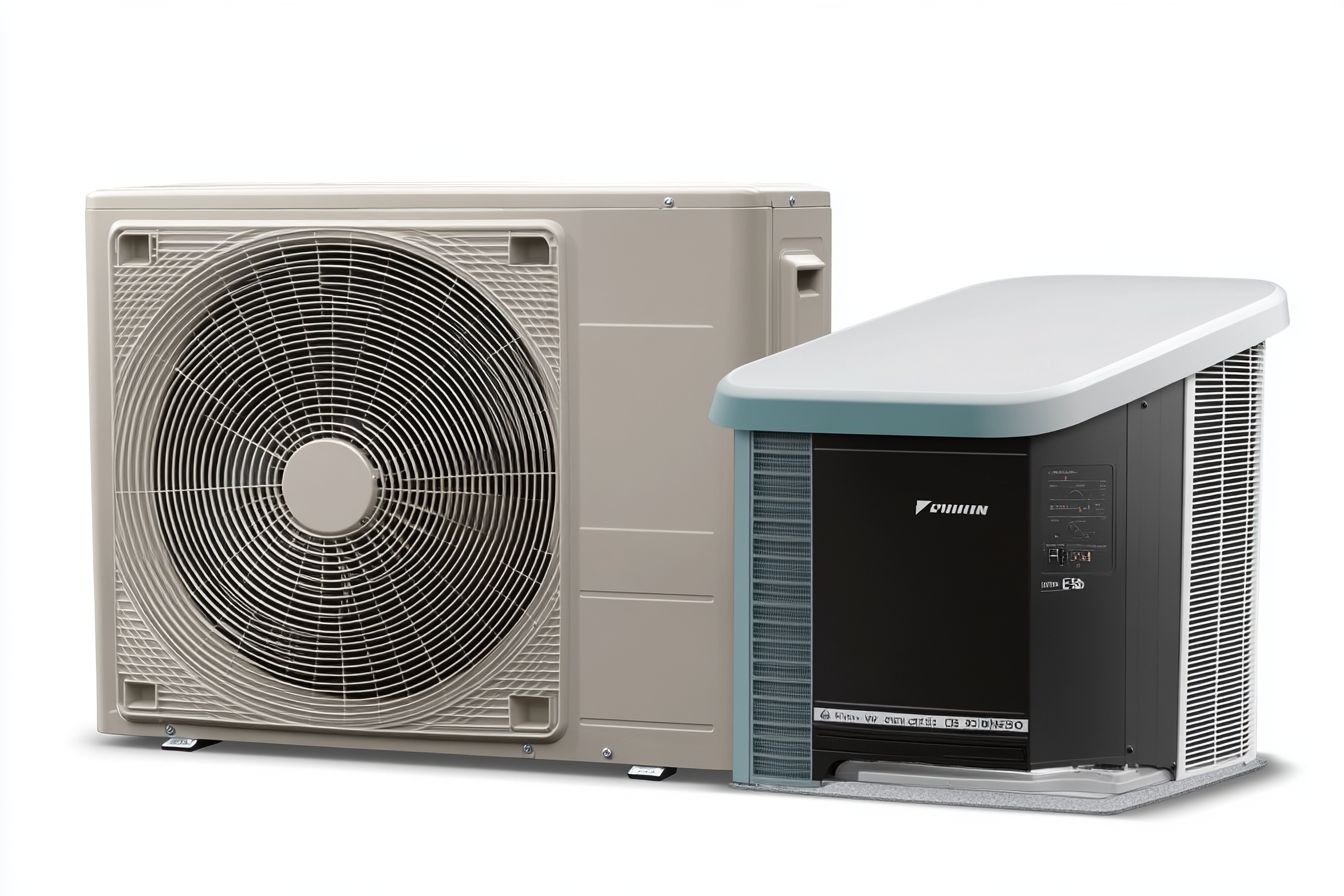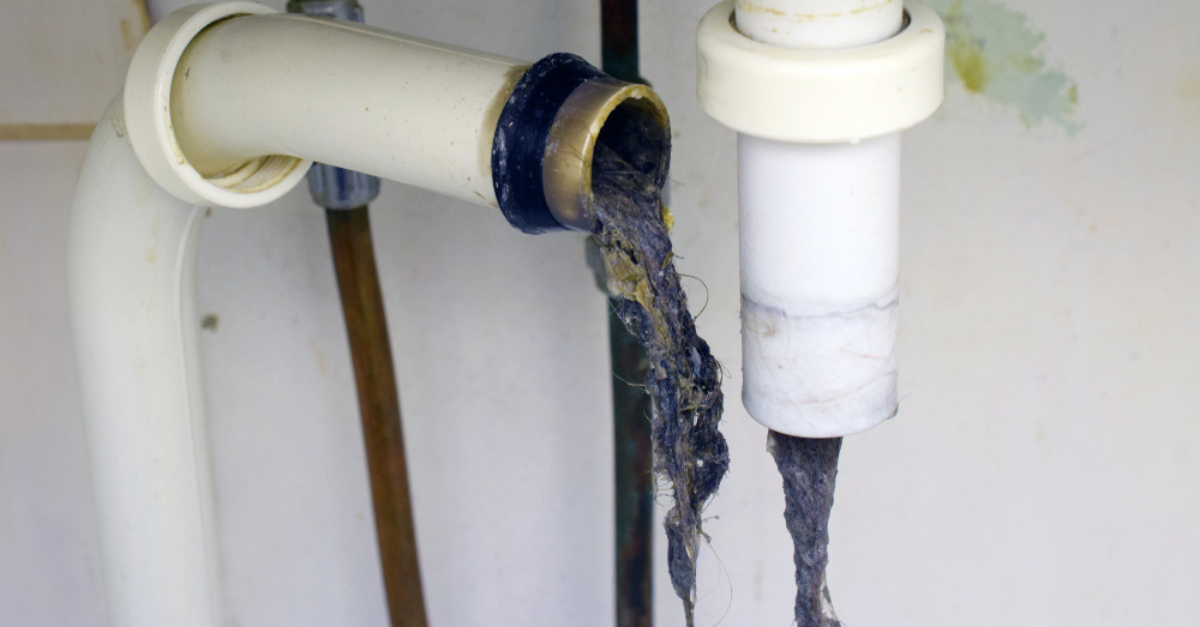Emergency HVAC breakdowns: how to act fast when heating or cooling suddenly fails
When HVAC systems fail during extreme heat or freezing cold, families are left vulnerable, uncomfortable, and often unsafe. This article explores the most common urgent heating and cooling issues, immediate steps to limit risks, and simple methods to prepare for unexpected breakdowns.

What are the signs of an impending HVAC emergency?
Recognizing the warning signs of a potential HVAC breakdown can help you address issues before they escalate into full-blown emergencies. Some common indicators include unusual noises from your system, such as banging, whistling, or grinding sounds. Reduced airflow from vents, inconsistent temperatures throughout your home, or sudden spikes in energy bills can also signal impending problems. If you notice a musty odor or excessive humidity indoors, these could be signs that your HVAC system is struggling to maintain proper air quality. Regular maintenance and prompt attention to these warning signs can often prevent unexpected failures.
How can you prepare for potential HVAC emergencies?
Being prepared for HVAC emergencies can significantly reduce the impact of sudden system failures. Start by familiarizing yourself with your HVAC system’s basic components and controls. Keep the contact information for a reliable HVAC service provider readily available. It’s also wise to have a supply of clean air filters on hand, as a clogged filter can sometimes cause system shutdowns. Consider investing in a smart thermostat that can alert you to unusual temperature fluctuations or system malfunctions. Additionally, have alternative heating or cooling options available, such as portable space heaters or fans, to use temporarily during emergencies.
What immediate steps should you take when your HVAC system fails?
When your HVAC system suddenly stops working, first ensure the safety of all occupants, especially during extreme weather conditions. Check your thermostat to confirm it’s set correctly and that batteries are functioning if it’s battery-operated. Inspect your circuit breaker panel for any tripped switches related to your HVAC system. If you smell gas, immediately evacuate the premises and contact your gas company or emergency services. For less urgent situations, try resetting your system by turning it off at the thermostat and circuit breaker, waiting a few minutes, then turning it back on. If these steps don’t resolve the issue, it’s time to call a professional HVAC technician.
How can you minimize discomfort during an HVAC emergency?
While waiting for professional help, there are several ways to maintain a more comfortable environment. During a heating failure, close off unused rooms to concentrate warmth in occupied areas. Use draft stoppers or towels to block cold air from entering under doors. Conversely, for cooling emergencies, open windows during cooler parts of the day and use fans to circulate air. Avoid using heat-generating appliances and consider spending time in cooler areas of your home, such as the basement. Stay hydrated and dress appropriately for the indoor temperature to help your body regulate its temperature more effectively.
What should you expect when contacting emergency HVAC services?
When you call for emergency HVAC service, be prepared to describe the problem in detail, including any unusual sounds, smells, or behaviors you’ve noticed from your system. Ask about the estimated arrival time for the technician and any emergency service fees that may apply. Many reputable HVAC companies offer 24/7 emergency services, but response times can vary depending on demand, especially during extreme weather events. While waiting for the technician, ensure clear access to your HVAC system and, if possible, locate your system’s manual for reference.
How much do emergency HVAC repairs typically cost?
The cost of emergency HVAC repairs can vary widely depending on the nature of the problem, the time of day or night, and your location. Emergency service calls often come with a higher base rate compared to scheduled maintenance visits. Here’s a general overview of potential costs:
| Service Type | Estimated Cost Range | Notes |
|---|---|---|
| Emergency Service Call | $100 - $300 | Base fee, often higher on weekends/holidays |
| Basic Repair | $150 - $600 | For minor issues like thermostat replacement |
| Major Repair | $500 - $2,000+ | For complex problems or part replacements |
| Full System Replacement | $5,000 - $12,000+ | If repair is not feasible or cost-effective |
Prices, rates, or cost estimates mentioned in this article are based on the latest available information but may change over time. Independent research is advised before making financial decisions.
Regular maintenance and prompt attention to minor issues can often prevent costly emergency repairs. Many HVAC companies offer service contracts or maintenance plans that can provide priority service and potentially lower costs during emergencies. When faced with a significant repair bill, consider getting multiple quotes if time allows, and ask about financing options or seasonal promotions that may be available.
In conclusion, while HVAC emergencies can be stressful and disruptive, being prepared and knowing how to respond can significantly reduce their impact. By recognizing warning signs, taking immediate action when failures occur, and understanding what to expect from emergency services, you can navigate these challenges more effectively. Remember that regular maintenance is key to preventing many emergencies and can save you money in the long run.



